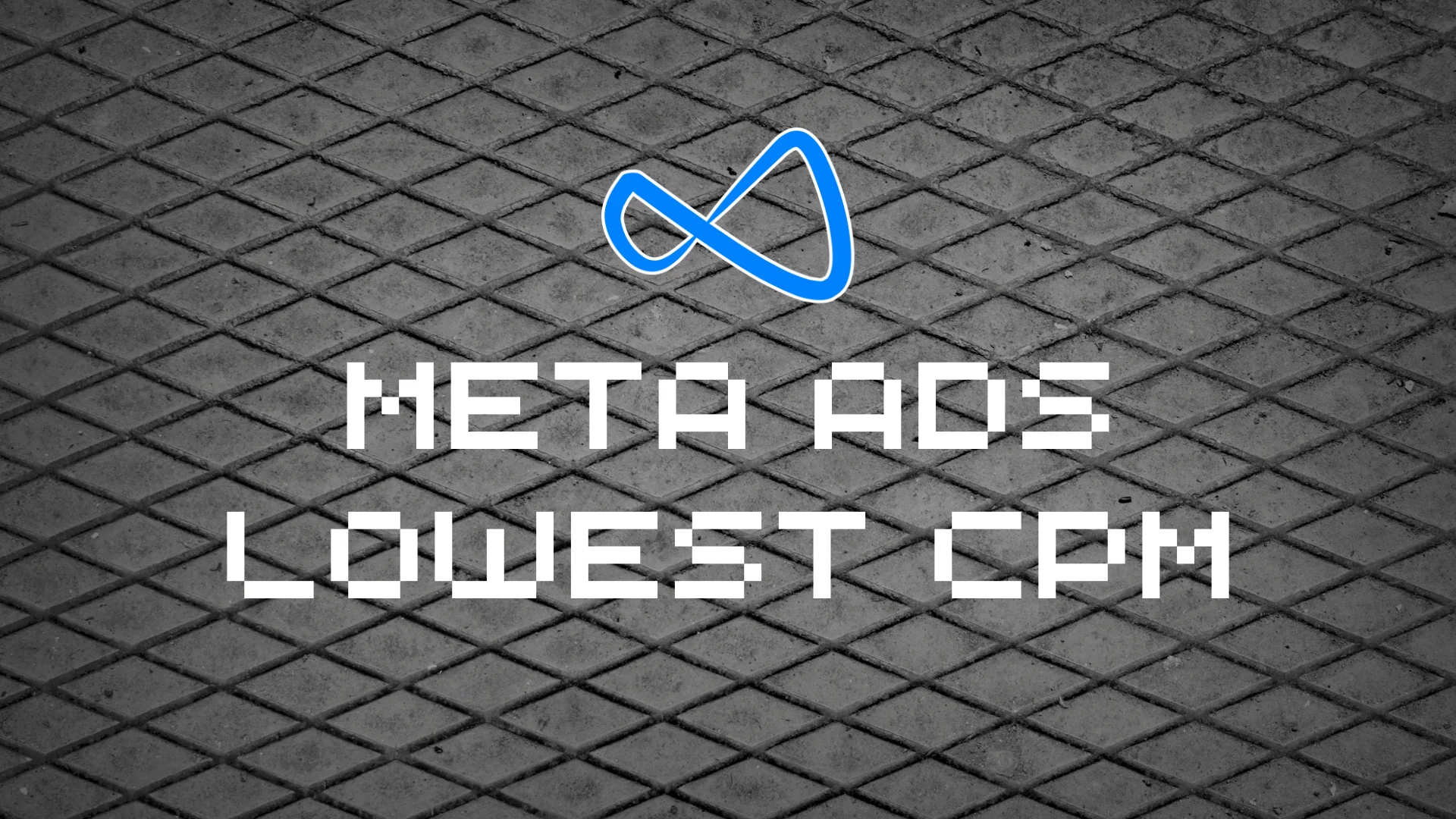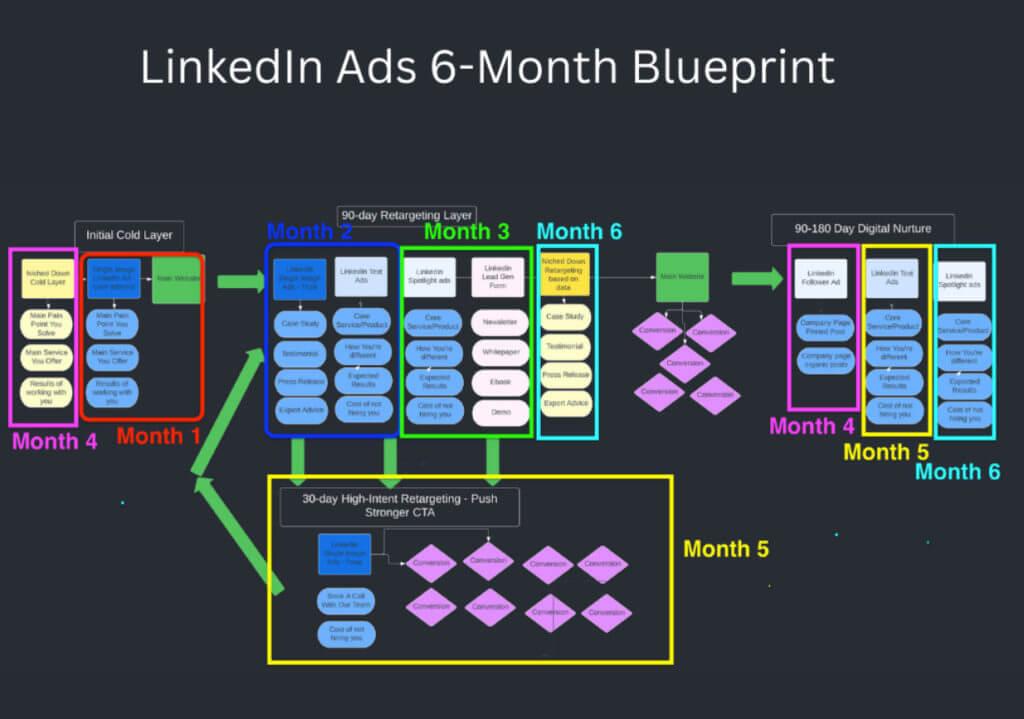The alleged existence of a Google Sandbox is a topic that sparks debate among web and SEO experts. The prevailing theory is that the sandbox effect occurs when Google temporarily lowers the page rank of new domains and places them in a sandbox. This is done to counter the manipulation of Google’s page ranking system by SEOs who create numerous inbound links from their other websites to the new site. In simpler terms, Google may not trust a new domain to rank competitively until it has gained enough trust over time. However, the Google Sandbox is not as definitive as it may seem.
Table of Contents
1. What is the Google Sandbox?
2. How long does a sandbox period last?
3. Why don’t new websites rank right away?
4. The E-E-A-T Factor
5. AI, Plagiarism, and Spam
6. Keyword Stuffing
7. 5 Tips for Reducing the Sandbox Period
1. What is the Google Sandbox?
The Google sandbox is a filter that is believed to keep new websites in a probationary period, preventing them from ranking high on Google’s top results. Since 2004, developers have debated the existence and parameters of the sandbox after noticing that new websites took a few months to rank high on Google despite keyword optimization efforts. The main theory is that the age of a domain, not its initial registration date, can prevent a new webpage from ranking on the first page until it has proven itself. Google executives have not commented on the sandbox’s existence or measures, making it difficult for bots and spam to bypass the restrictions.
2. How long does a sandbox period last?
The sandbox period can be as short as a few weeks, but most experts believe it lasts between 6 to 9 months. The duration can vary depending on various circumstances. Rand Fiskin, an SEO expert, warns webmasters to pay attention to signs of potential danger. If pages on your site can’t rank for navigational queries, especially those that include your brand name, you should seek solutions to Google penalties.
3. Why don’t new websites rank right away?
Before trying to reduce your time in the sandbox, consider these reasons that may be extending your stay:
– The E-E-A-T Factor: Lack of relevance and authority can keep your website in the sandbox. Building expertise, authority, and trustworthiness is crucial to rank well on Google.
– AI, Plagiarism, and Spam: AI-generated content may lack authority, and Google penalizes plagiarism. Use AI to generate content ideas, but avoid writing spam and focus on creating useful content.
– Keyword Stuffing: Keyword stuffing, the practice of using keywords excessively, does not work and can lead to Google penalties. Quality content is key to success in SEO.
4. The E-E-A-T Factor
To reduce your time in the sandbox, focus on the following:
– Consistently publish medium to long-form content that demonstrates your expertise.
– Focus on quality over quantity. Fewer, stronger pages are preferred over many weaker ones.
– Improve your credibility with press releases, which can enhance your authority with Google.
– Network to create solid backlinks from credible sites.
– Perfect your content distribution plan, including a keyword strategy, to increase organic traffic and gain Google’s trust.
By following these tips, you can reduce your time in the Google Sandbox and improve your chances of ranking higher in search results.
Source link























